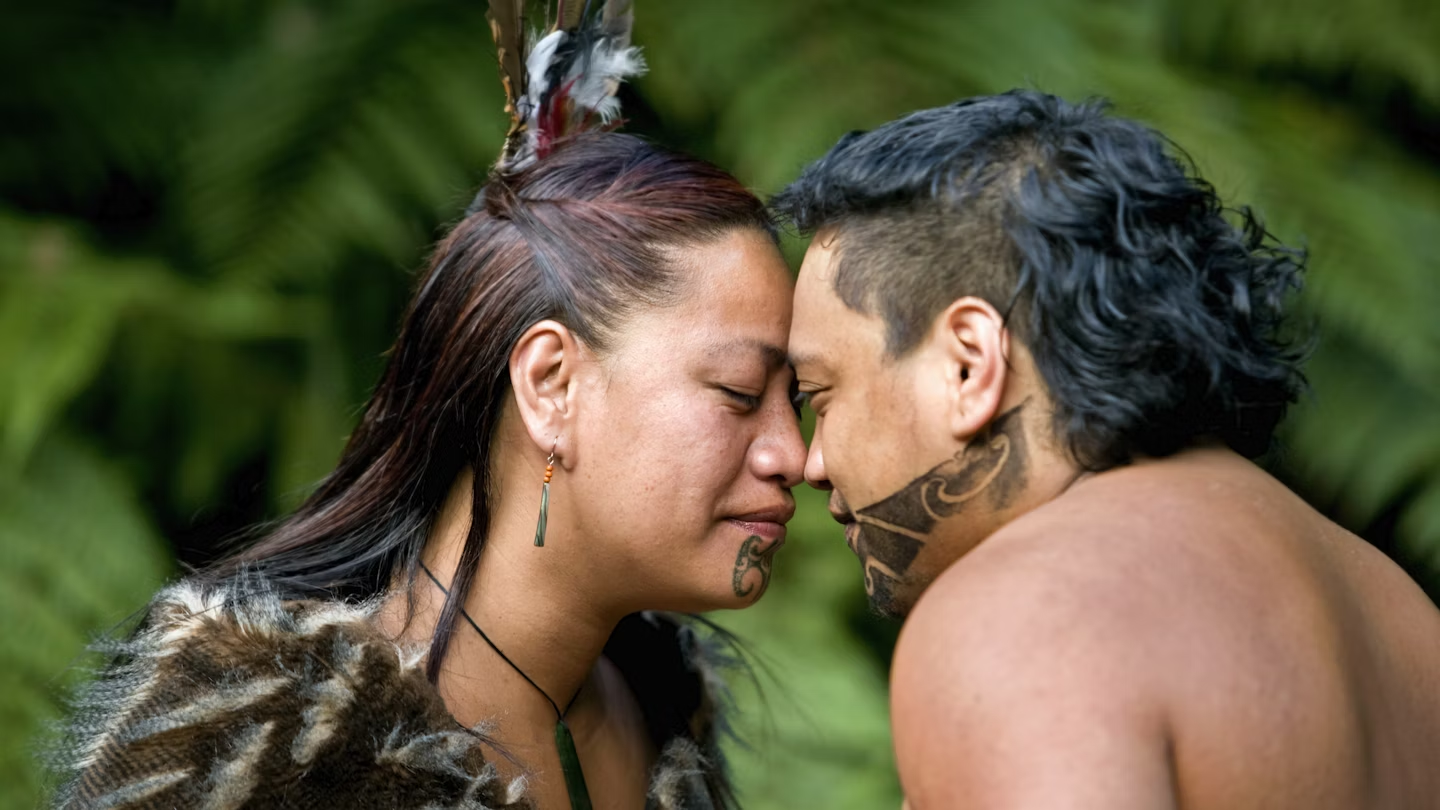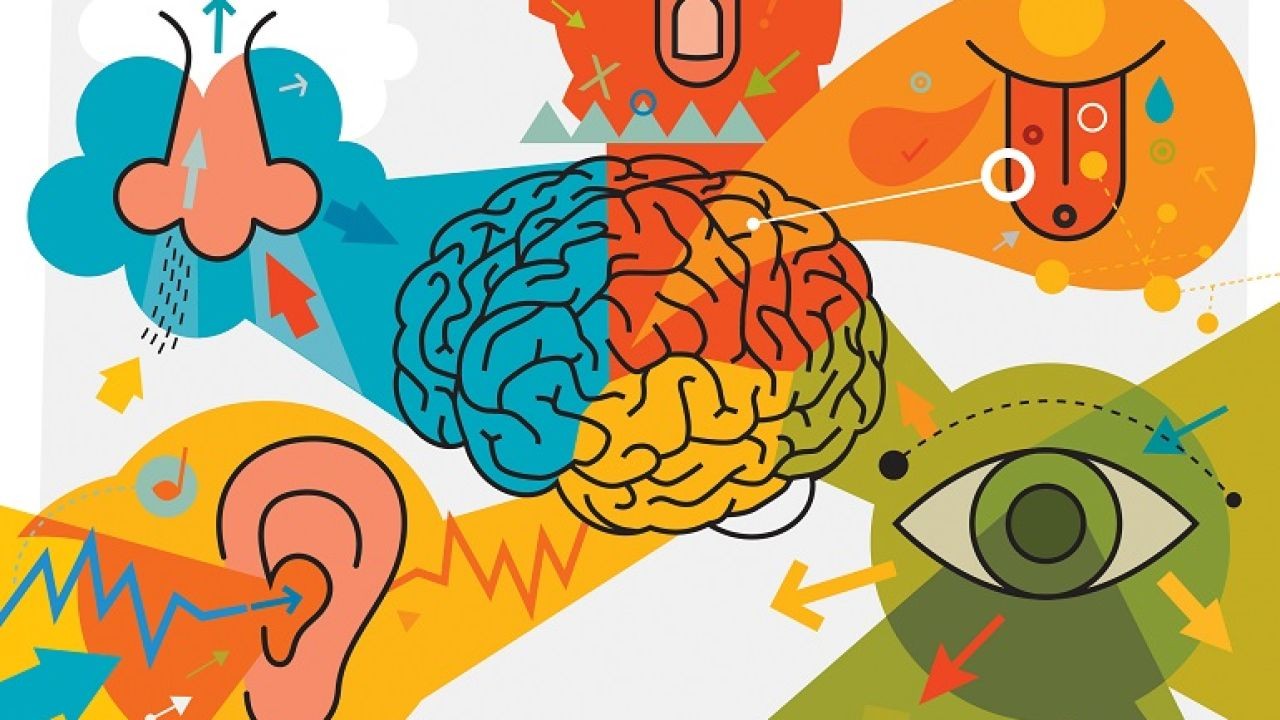In the dynamic landscape of New Zealand's political sphere, the role of the Māori has become a pivotal topic of discussion. As Aotearoa continues to evolve, the Māori community's significant cultural, social, and economic contributions demand attention. This article aims to explore the role Māori should play in New Zealand's political future, offering insights that could shape the nation's trajectory.
The Māori Influence: A Cultural and Economic Pillar
Did you know that the Māori economy is valued at over NZD 68 billion, making it a formidable force within New Zealand's GDP? This statistic, reported by the Ministry of Business, Innovation & Employment (MBIE), underscores the crucial role Māori plays in sectors like agriculture, fisheries, and tourism. Consequently, integrating Māori perspectives into political decision-making is not just a cultural necessity but an economic imperative.
Case Study: Māori Tourism Ventures
Consider the success of Māori tourism initiatives, such as the Waimarama Māori Tours, which has seamlessly blended cultural storytelling with tourism, attracting thousands of international visitors annually. Through authentic experiences and cultural education, these ventures have not only bolstered New Zealand's tourism industry but have also created jobs and sustained local economies.
Takeaway: Integrating Māori values and practices in New Zealand's political framework could amplify these economic benefits, ensuring sustainable growth and cultural preservation.
Contrasting Viewpoints: Integration vs. Autonomy
The debate around Māori political involvement often centers on two primary viewpoints: integration within existing political structures versus the pursuit of greater autonomy.
Integration Advocates
Proponents of integration argue that Māori representation within mainstream political bodies can enhance diversity and inclusion. This perspective aligns with New Zealand's commitment to biculturalism, as seen in the establishment of Māori seats in Parliament. Integration ensures Māori voices are considered in national policies, fostering a more inclusive society.
Autonomy Proponents
Conversely, advocates for increased autonomy emphasize self-determination as a means of preserving Māori culture and decision-making power. They argue that current political systems often dilute Māori perspectives, necessitating independent governance structures that prioritize Māori needs.
Middle Ground: A hybrid approach, incorporating both integration and autonomy, could offer a balanced path forward, ensuring Māori influence without compromising cultural integrity.
Dispelling Myths: Common Misconceptions about Māori Political Involvement
- Myth: Māori political involvement is primarily symbolic.
- Reality: Māori political participation has tangible impacts, as evidenced by successful advocacy for land rights and cultural recognition.
- Myth: Māori interests are adequately represented by general political parties.
- Reality: Despite increased representation, dedicated Māori political entities are essential to address specific community needs and aspirations.
Pros and Cons of Increased Māori Political Involvement
Pros:
- Cultural Preservation: Ensures the protection and promotion of Māori culture and language.
- Economic Growth: Leveraging Māori insights can enhance sectors like tourism and agriculture.
- Social Equity: Addresses historical injustices and promotes social justice.
Cons:
- Resource Allocation: Increased involvement may require additional resources and restructuring.
- Political Complexity: Navigating bicultural governance requires careful balance and negotiation.
Future Trends and Predictions
As New Zealand progresses, the integration of Māori perspectives in political frameworks will likely intensify. By 2030, Māori participation in government policy-making could increase significantly, driven by demographic shifts and growing recognition of indigenous rights globally. This trend aligns with international movements towards indigenous recognition, suggesting a transformative impact on New Zealand's political landscape.
Conclusion: Embracing a Bicultural Future
The role of the Māori in New Zealand's political future is not merely a cultural consideration but a strategic necessity. By embracing both integration and autonomy, New Zealand can create a more equitable and prosperous society. As the nation moves forward, the inclusion of Māori voices will be essential to navigating the complexities of a bicultural future.
What’s your take? How do you envision the role of Māori in shaping New Zealand's political landscape? Share your thoughts below!
People Also Ask (FAQ)
- How does increased Māori political involvement impact New Zealand? Greater Māori involvement leads to more inclusive policies, benefiting sectors like tourism and agriculture, and promoting social equity.
- What are the misconceptions about Māori political roles? A common myth is that Māori roles are symbolic, but they have a significant impact on policy and cultural recognition.
Related Search Queries
- Māori political representation
- Bicultural governance in New Zealand
- Impact of Māori economy on NZ
- Future of Māori autonomy
- New Zealand indigenous rights































